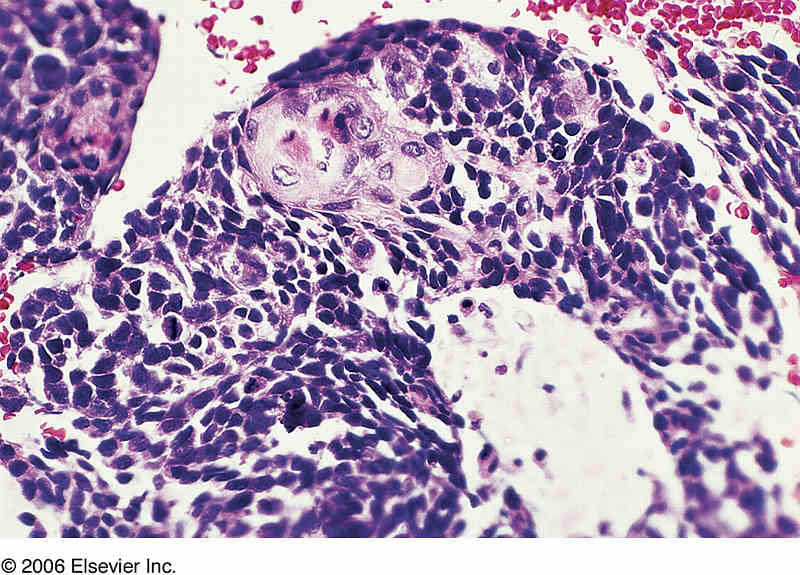Anaplastic lymphoma kinase (ALK), c-ros oncogene 1 (ROS1) and neurotropic tropomyosin receptor kinase (NTRK) gene fusions are oncogenic drivers in non-small cell lung cancer (NSCLC) and various other solid tumours. Targeted drugs to these gene fusion rearrangements are efficacious initially but almost half of ALK-positive NSCLC patients treated with Pfizer’s first-generation inhibitor Xalkori (crizotinib) will experience disease progression and metastasis to the central nervous system (CNS). However, data presented at this year’s European Society for Medical Oncology (ESMO) congress mean that patients with ALK/ROS-1/NTRK fusion-positive NSCLC can hope for superior clinical outcomes given the positive results so far demonstrated from next-generation inhibitors.
A late breaking abstract (LBA57) presentation of the Phase II ASCEND-3 study of Novartis’ second-generation ALK inhibitor (ALKi) Zykadia (ceritinib) showed prolonged progression-free survival (PFS) of 16.6 months and overall survival (OS) of 51.3 months in a final cohort of 124 chemotherapy pre-treated ALK-positive NSCLC patients, who received three or fewer lines of therapy.
In another late breaking abstract (LBA58), interim results from the Phase III ALTA-1L trial showed Takeda’s second-generation ALKi Alunbrig (brigatinib) to have superior intracranial efficacy compared to Xalkori in ALK-positive NSCLC patients who have not received prior treatment with an ALKi. The data demonstrated a significant increase in intracranial PFS with the use of Alunbrig over Xalkori (p = 0.0006), while there was a simultaneous prolongation in the time to intracranial progression without any previous systemic progression (p < 0.001).
A pooled analysis of three Phase I and II trials (ALKA-372-001, STARTRK-1 and STARTRK-2) revealed that Roche’s TRK/ROS1 inhibitor entrectinib, which is active in the CNS, induced a median PFS of 11.2 months and a median OS of 20.9 months in NTRK fusion-positive advanced NSCLC and other tumours (LBA17). The drug had a good safety profile, with the majority of adverse side effects comprising Grade 1-2 events that could be managed through dose reductions. Furthermore, a minority (3.9%) of patients discontinued treatment due to adverse events, highlighting the tolerability of the regimen.
NSCLC patients with ROS1 rearrangement, and in particular those with metastasis to the CNS, can in future hope for very efficacious treatment options once entrectinib and perhaps also lorlatinib integrate into the treatment landscape. Given the ever-increasing therapy options for ALK/ROS1/NTRK-gene-fused NSCLC, determining the optimal sequencing of these drugs must become the future priority.

US Tariffs are shifting - will you react or anticipate?
Don’t let policy changes catch you off guard. Stay proactive with real-time data and expert analysis.
By GlobalData



